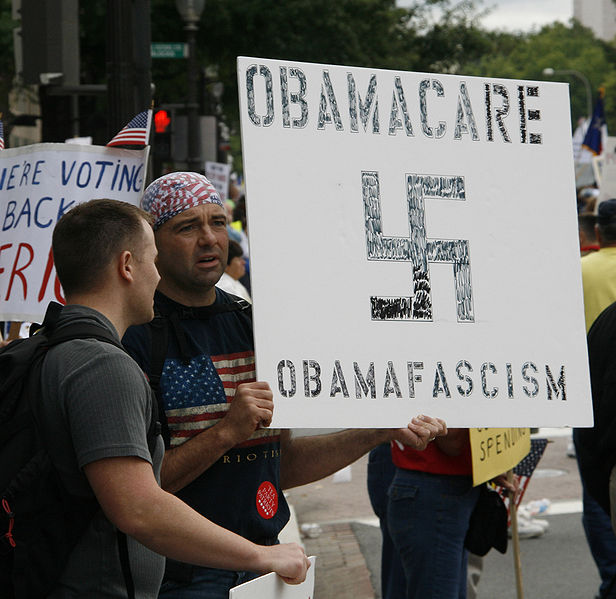
Today we highlight a Blogger/Citizen Journalist who has reached out and touched the otherside of our hearts - Cher from AskCherlock.com.She recently did an interview with Mugisho Theophile of the DR Congo. the efforts of Bro. Mugisho are outstanding and deserve to be publicized. if you can spare a moment,
please take time and visit the original post and leave a supportive comment, as it's the right thing to do.
To Read the Entire Piece Click the Title PLEASE
In February of 2010, I interviewed Mugisho Theophile regarding his efforts in the DR Congo for promoting rights of Congolese women who are suffering massive attacks of rape, mutilation and murder, not only themselves, but against their children. Mugisho has bravely set out to help these women under most dire circumstances. Mugisho and I decided to do a follow up interview on the progression of his organization COFAPRI.
Cher: Mugisho, I understand that the name of your organization has been changed. Can you tell us why? In addition, your organization has not been registered. What are the reasons for that?
Mugisho: Cher, I thank you very much for organizing this follow up interview. I am sure people need to know what has been done so far since we had our last interview of last February. It is true that the name of our organization has been a little bit modified. It is now called CONGOLESE FEMALES ACTION FOR PROMOTING RIGHTS AND DEVELOPMENT-COFAPRI. Such a change has occurred because of the precious advice we got from the registration officers. In fact, they want us not only to help Congolese and the Great Lakes Region –GLR-( region composed of three countries: the Democratic Republic of Congo- DRC-, Burundi and Rwanda) women and girls recover their social and home rights but also involve them in developing their respective biodiversities, environment, families and countries and everything around them. The point here is that no rights can be enjoyed if people are lagging behind in development. In general, if human rights are respected, this is development as well.
As for not having registration up to now, it is due to the process that takes long. In fact, as a young organization, we had first to make ready all the required documents that were required to present to registration officers, like the statutes, the regulations, the logo, etc., which took us a long period. Once we had drafted all those documents, we were required to get clarifications from the registration officers for approval. From the above, you can see that this truly requires a long process. It is in this context and following the recommendations we were given, that the organization name was also changed a little bit. As everything is now in the registration officers’ hands, we hope to get registration in the very near future. We will be pleased to inform you with every process done ahead.
Cher: What is your target population and what are the reasons for your choices?
Mugisho: Our prime target populations are the village women and the girls who have been victimized by violence either in the consecutive long lasting wars that devastated the Eastern part of the DRC in particular and the GLR in general or in their respective households. We focus more on remote villages because women and girls of this area suffer unimaginably, beyond what we expect. The international organizations based in the country fail to reach these areas because no roads lead to those areas and in case there are some, they are poorly maintained. The warfare that lasted for more than a decade caused people, particularly females and children suffer in different ways. In the case of the DRC, men were killed at the spot. Women, girls and children, who were the most victims, were also sometimes killed for sure but in an awful way.
They are raped, tortured and even mutilated, which made and still makes some of them suffer physically, morally and psychologically. Our focus is much directed toward the women, the girls and the children in remote villages in the Eastern DRC where wars were mostly terrible. In these conflicting zones, women and girls were massively raped and some of them got unwanted pregnancies. These odious acts occurred either in the home of the victim or in places where they were hiding in the bush; and sometimes this happened in the eyes of family members. Some boys and men were sometimes obliged to rape their mothers, sisters or daughters in the eyes of the criminals. Fathers were compelled to rape their daughters; the criminals would ask a relative to kill the member of the family. In the case of desistance, the recalcitrant was shot dead and if he was lucky, he only got tortured. Everything was done in public. Some of the girls who were raped gave birth to children who have no fathers.
As stated earlier, men were slaughtered, as these women are now widows and that they give birth to fatherless children and that most village women have no jobs, these children will not have any financial support. This situation puts these people into a quagmire and it pushes these children to become street children. The girls will mostly involve in early prostitution with the aim of supporting their families, which is a danger for security in the future. There are other women and girls who were contaminated AIDS and others died from the wounds they got in their genitals.
In the latter case, it has been proved via various international and local reports that in some areas, females were raped by exaggerating number of rapists: more than two rapists on a woman or a girl and this happened several times on the same individual, without not even considering the age and the conditions in which the unfortunate victim was. Women as old as 72 and children (girls and boys ) as young as 5 were raped. Pregnant women were also raped, most of them got abortion and others died in their hideouts. For the reasons above and many more I did not include, the Congolese woman and her daughter and the whole community were ridiculed to death through such odious treatment. Such barbarian domination of the woman reflects non respect of human beings. This caused trauma to these women and girls; physical, moral and psychological wounds remain in their brains. In this way, they need healing and support.
In addition to warfare violence in the DRC, there also exists household violence. This time, this is issue of culture. Over ages, the society has always been instilled that everything should be under man domination. The Great Lakes Region, in general and the DRC, in particular have never been exempted from such beliefs that weigh too much on women and girls because they hinder their integrative development. In the case of the DRC, mostly in villages, women and girls are totally deprived of their basic rights. In the same way, as they have no word in public, they hardly report sexual violence they underwent because it is shameful and prohibited for a woman to speak about sex in public as this is considered as a taboo issue.
Some other women and girls are denied the right to attend school because of the fallacies of some men and fathers, who are the family decision makers, believe that girls are not as performant as boys at school; that the girl will be married and so no use to spend on her since she will not be productive for her parents. In other areas, women are totally not allowed to eat some food, here called taboo food, which obviously contains vitamins and proteins necessary for body development, like eggs, chicken, meat of goat, etc. Such items of food are surrounded of lots of myths to make women and girls understand that they should not eat it, a sign of selfishness and greediness of those men.














